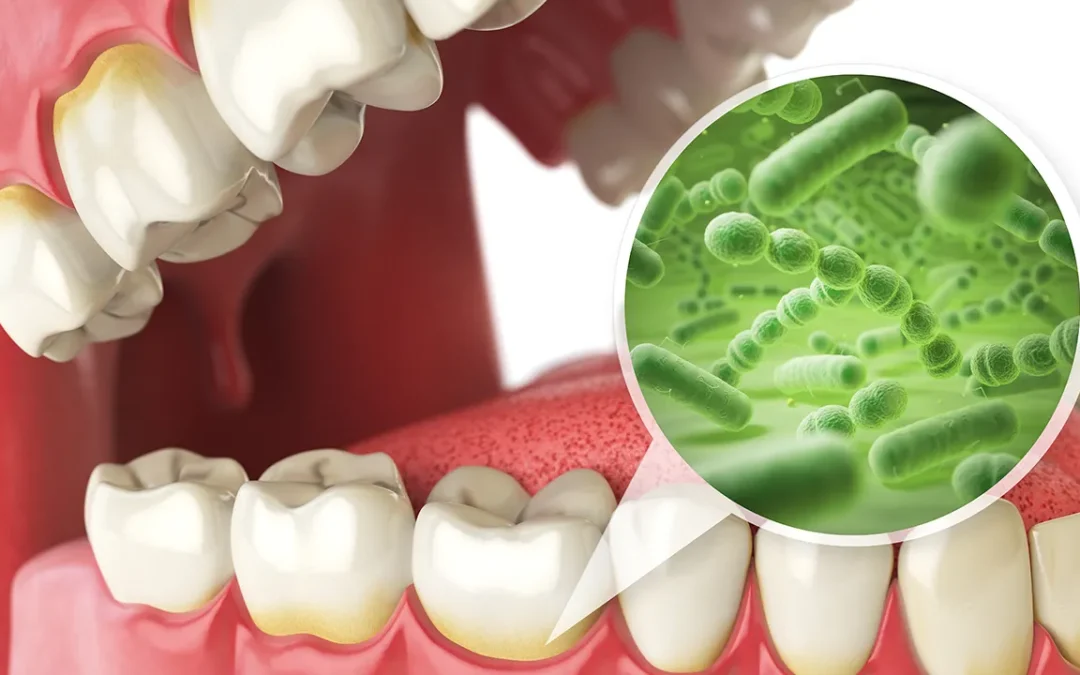A natural approach to better oral health
Harnessing the benefits of good bacteria
When we think of probiotics, we often associate them with gut health—but did you know that beneficial bacteria play a crucial role in maintaining a healthy mouth as well? Your oral cavity is home to a complex ecosystem of bacteria, some of which support your overall well-being by balancing harmful microbes, strengthening your immune system, and even influencing your gut microbiome. By nurturing probiotic oral bacteria, you can naturally improve your oral health and reduce the risk of gum disease, cavities, and other systemic health concerns.
How to improve probiotic oral bacteria
Caring for your oral microbiome is similar to maintaining a healthy gut, but there are key differences due to the distinct physiological nature of the mouth. Your oral health is influenced by factors such as saliva production, blood circulation, nerve function, and chemical signalling to the brain. Supporting these functions can enhance the growth of beneficial bacteria while reducing harmful oral pathogens.
A diet rich in high-fibre vegetables helps nourish good bacteria in both your mouth and gut. Fibrous foods, such as leafy greens, carrots, and celery, act as natural toothbrushes, promoting saliva production and feeding beneficial microbes.
Saliva is essential for maintaining a balanced oral microbiome. It helps wash away food particles and harmful bacteria while delivering vital nutrients to support probiotic bacteria. Staying well-hydrated ensures optimal saliva flow, keeping your mouth healthy.
Excessive sugar and refined carbohydrates create an ideal environment for harmful bacteria to thrive, leading to cavities and gum disease. By reducing sugar intake, you can help beneficial bacteria flourish and maintain a healthier oral ecosystem.

Fermented foods like yoghurt, kefir, kimchi, and sauerkraut contain natural probiotics that may support a balanced oral microbiome. Additionally, some probiotic supplements are specifically designed to promote oral health by increasing beneficial bacteria in the mouth.
While brushing and flossing are essential for oral health, overuse of antibacterial mouthwashes can disrupt the balance of good bacteria. Instead, opt for a gentle, fluoride-containing toothpaste and alcohol-free mouthwash to support beneficial microbes.
The connection between oral and gut microbiota
Your oral and gut microbiomes are closely linked, working together to protect against infections and maintain overall health. Harmful oral bacteria can be swallowed and survive in the gut, potentially disrupting digestive health. By fostering a balanced oral microbiome, you not only improve your dental health but also support your digestive system and overall immunity.
A balanced microbiome for lifelong health
Supporting probiotic oral bacteria is a simple yet effective way to improve oral and systemic health. By making small dietary and lifestyle changes, you can encourage beneficial bacteria to thrive, reduce harmful pathogens, and protect yourself from a wide range of health issues. Prioritise your oral microbiome today, and experience the benefits of a naturally healthier smile.
About the author
Dr. Sonny Lee is the principal dentist at Leeming Dental, renowned for his expertise in preventative care, advanced diagnostics, and restorative treatments. He takes a patient-centred approach, combining years of experience with the latest technology to deliver high-quality, personalised care.
Dr. Sonny is passionate about early detection and disease prevention, utilising cutting-edge diagnostics like Oral Pathogen Testing to identify harmful bacteria and reduce the risk of both oral and systemic health issues. Committed to patient education, he empowers individuals with the knowledge and tools needed to achieve long-term oral wellness and overall well-being.


